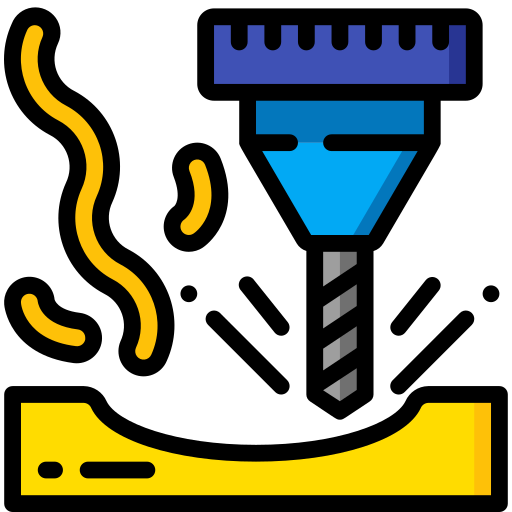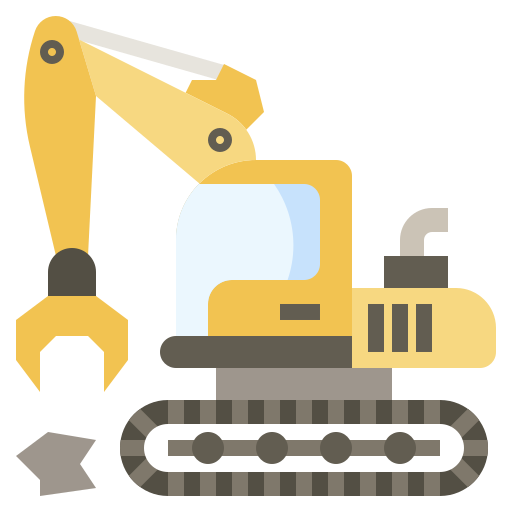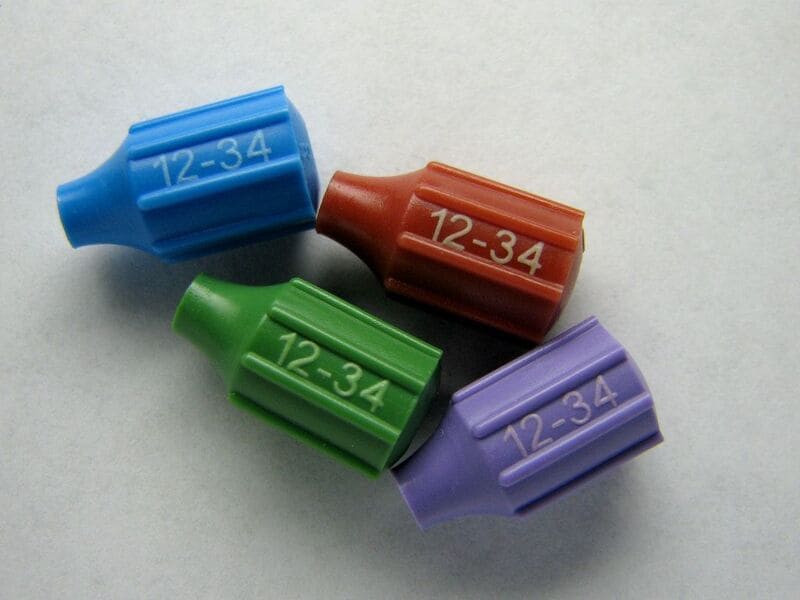Custom Plastic Parts Manufacturer
- A wide range of plastic materials available
- Flexible and comprehensive manufacturing capabilities
- Low MOQ, fast global delivery
Custom Manufacturing in Plastic
Our custom plastic fabrication is geared toward manufacturing the parts that cater to your design requirements.
As a precision manufacturer, we can fabricate a variety of plastic & rubber parts from prototype to batch production.
Examples include: plastic CNC machined parts, plastic turned parts, plastic milled parts, plastic rapid prototyping parts, and plastic injection molded parts.

CNC machining in Plastic

Prototyping in Plastic

Injection Molding in Plastic
Properties of Plastic & Elastomer
Plastic parts are a good alternative to metal parts because they are more lightweight, easier to machine, and often less costly.
Listed below some common materials that can be both CNC machined and injection molded in our factory.
However, some materials, like PTFEs (Teflon), are not suitable for injection molding because of the poor flow above their melting point, and TPEs are usually too soft to be machined.
| Description | Ultimate Tensile Strength (MPa) | Tensile Strength, Yield (MPa) | Elongation at Break(%) | Hardness | Maximum Service Temperature(° F) |
|---|---|---|---|---|---|
| HDPE | 30 | 21.9 | 500% | Rockwell R65 | 180° F |
| Nylon 6 (30% Glass-Filled) | 113 - 138.1 | 111 - 137 | 2.81 - 4.05 % | 35.6 - 39.4 HV | 230° F |
| ABS | 27.6 - 55.2 | 18.5 - 51 | 10 - 50 % | 5.6 - 15.3 HV | 160° F |
| Polycarbonate(PC) | 60 - 72.4 | 59- 70 | 50 - 120 % | 17.7 - 21.7 HV | 180° F |
| PEEK | 70.3 - 103 | 87 - 95 | 30 - 150 % | 26.1 - 28.5 HV | 480° F |
| Acetal Homopolymer (POM-H) | 60 - 89.6 | 48.6 - 72.4 | 15 - 75 % | 14.6 - 24.8 HV | 185° F |
| PMMA (Acrylic) | 55 - 83 | 64 -80 | 3 - 6.4 % | 64 - 105 HRM | 170° F |
| PET | 50 - 90 | 47 - 90 | 20 - 300 % | 80 - 96 HRM | 140-239° F |
| Polyethylene(UHMW-PE) | 38.6 - 48.3 | 21.4 - 27.6 | 200 - 500 % | 3.4 - 8.3 HV | 180° F |
| Polyetherimide (PEI) | 1.0 - 650 | 20.0 - 255 | 0.50 - 110 % | 85 - 118 HRM | 158 - 572 °F |
| Polypropylene(PP GF 30%) | 68 - 85 | 6.5 - 7 | 2.1 - 3.4 % | 110 HRC | 212° F |
| PVC | 46 - 58 | 53 - 58 | 25 - 80 % | 13.7 - 16.6 HV | 185-212° F |
Plastic Parts for different industry
Plastic component parts are in every corner of our daily life and industry production because of its superb cost effective.
Therefore, it is usually the preferred choice for product designers or engineers when it comes to design material selection.

Commercial Goods

Medical

Electrical

Aerospace

Automotive

Telecommunication

Construnction

Food Industry

Machinery & Equipment
Additional Operations for Plastic
Flexibility is one of the key indicators of the competitive advantage of a custom plastic parts factory, a capability that helps cater to the diversified needs of our customers.
We offer turnkey services in plastic manufacturing including CNC machining services, injection molding services, prototyping services, surface finishing services, and some additional value-added services.
Heat Staking
A process in which a plastic part is partially heated and then inserted into another part (e.g., a threaded insert).
Part Marking
We will adopt two popular part marking techniques, which are laser engraving and pad printing.
Color Matching
Sometimes, in order to obtain a more exact color, color matching is required.
Typically, we will do this according to the RAL color chart.

Cost-saving Advice
Most component parts may have one or more manufacturing processes.
In terms of efficiency and cost, custom fabrication company should be adept at analyzing which manufacturing process is the optimum and most economical.
Listed below are a few suggestions for cost savings.

- Material Selection: Although it is said that the cost of plastics is relatively less expensive, but there are a variety of plastics, should be selected according to the actual application needs to match its properties, but also consider its durability in special environment.
- Design optimization: If possible, please start with rapid prototyping, especially for those plastic molded parts that require tooling fabrication, to minimize trial-and-error costs. Also, follow the DFM principles of the adopted manufacturing process to prevent unnecessary losses in later production.
